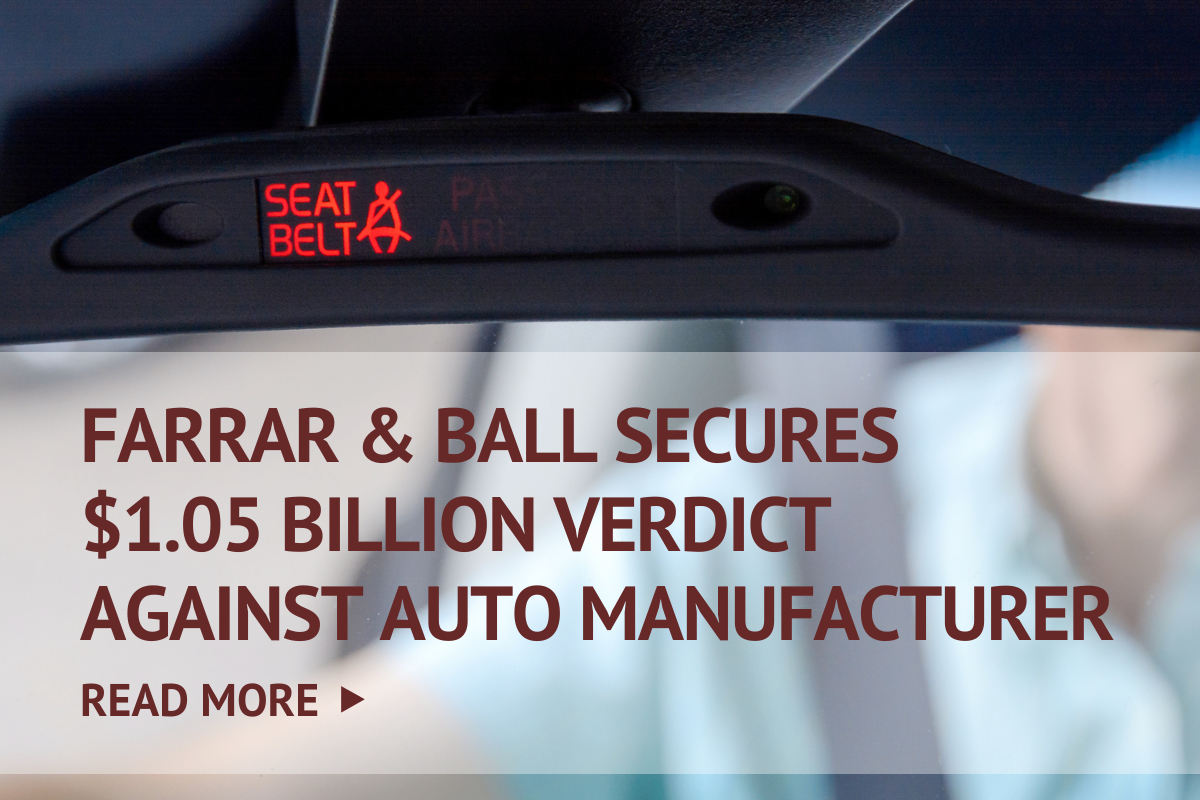Embattled airbag supplier Takata is mulling U.S. bankruptcy-protection filing as it negotiates with private equity firms and automotive suppliers for a capital infusion to weather costs from the largest product recall in history.
Absent from the discussion about Takata’s looming bankruptcy is consideration of what a bankruptcy filing might mean for those injured by defective airbags, says auto products liability lawyer Wes Ball of Houston’s Farrar & Ball.
“A bankruptcy filing by Takata could mean those who are injured by these defects get absolutely nothing,” says Mr. Ball, whose firm represents individuals who have been injured by Takata airbags. “Bankruptcy could wipe away those financial liabilities before new investors step in and bail out this disgraced corporation. There would be no compensation for medical bills, property damage, no punishment, and, certainly, no redress for loss of loved ones.”
Takata uses ammonium nitrate to fill its air bags in a crash, but the chemical can deteriorate and burn too fast when exposed to heat and humidity for long periods. Those air bags then become volatile and can explode with too much force, spraying shrapnel into the vehicle.
Defective Takata airbags have been linked to at least 11 deaths and hundreds of injuries. Automakers including Honda and Volkswagen AG have recalled vehicles containing more than 100 million Takata inflators to date. The defective airbags have been linked to 11 deaths and hundreds of injuries.
Last week, Sens. Richard Blumenthal (D-Conn.) and Ed Markey (D-Mass.) sought assurances from the National Highway Traffic Safety Administration (NHTSA) that consumers won’t be on the hook for replacing defective Takata airbags should the company declare bankruptcy and undergo restructuring.
“We remain extremely concerned that in the event of Takata’s bankruptcy or significant restructuring, it could be consumers who are left with the costs of repairing their defectives vehicles,” the pair wrote.



